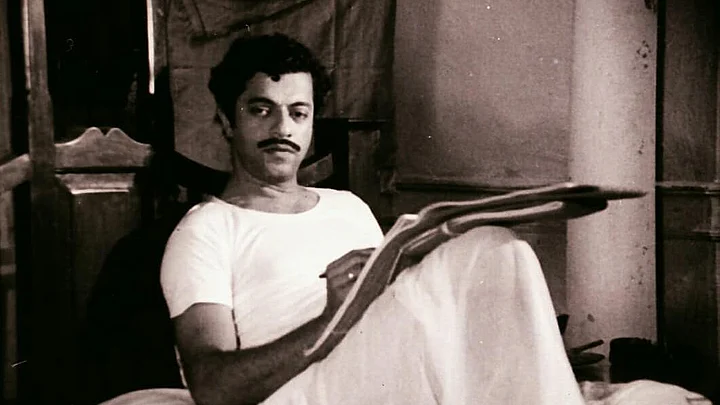When you think of words to capture the essence of Girish Karnad, a multifaceted genius is what comes to mind. Girish (which was how he preferred to be addressed as by old and young) fundamentally saw himself as a playwright. He wrote in Kannada and then translated his text into English. For us Kannadigas, it was a tremendous recognition of his creativity and of the cultural richness of our language when he was awarded the Jnanpith.
Girish acted in numerous movies and TV shows, and he used to say that this is what kept him busy, and ensured that he was able to make ends meet. That was a modest assessment, considering the range of awards that the films he was involved with have earned.
His role as Praneshacharya in the film version of UR Ananthamurthy’s Samskara is etched in the discerning public’s memory. Before that he had studied at Dharwad University and worked at Oxford University Press, among other places. The Oxford connection is particularly apt because he won a Rhodes Scholarship, an extraordinary achievement for someone from a smaller town who studied at a government school.
Girish was out at the forefront of secular causes and in defending the idea of India. In recent years you could see him standing on the steps of Bangalore’s Town Hall (occasionally with our common friend and secular crusader, the late Gowri Lankesh) protesting against some serious violation of our constitutional principles.
He was always ready to stand up for a cause and my last memory is of him standing at a rally, formidable and undaunted, with a tube that would let him breathe freely attached to him, as he had issues with his lungs.
I got to know him much better at the turn of the millennium, when I had just returned to India. I had made it to the finals of the BBC Mastermind India quiz conducted by Siddhartha Basu. My topic for the finals was “The Plays of Girish Karnad.” I did well and ended up the National Runner Up. In the process, I got to read his plays in much greater detail. They were extraordinarily rich and worthy of critical attention.
They all utilised older stories from our mythology or history, and made them come alive as a commentary on India’s current challenges. Tughlaq was an outstanding critique of modern India and the Nehru years. Only his Heap of Broken Images was a contemporary play that used television in innovative breakthrough ways.
Overall Girish was an accessible, friendly human being, always ready to spend time with youngsters and open new lines of thought. My condolences to his wife Saras, who has done terrific work when it comes to issues related to women’s empowerment and health, and to his son, journalist Raghu Karnad, and his daughter Radha. But the biggest loss is to India itself as we have lost a fearless voice of conscience at such a crucial time in our nation’s history. Only by boldly standing up for the causes he held dear would we be paying due homage to the gentleman genius, the master playwright, the actor, the director, the artiste that was Girish Karnad.
(At The Quint, we question everything. Play an active role in shaping our journalism by becoming a member today.)
